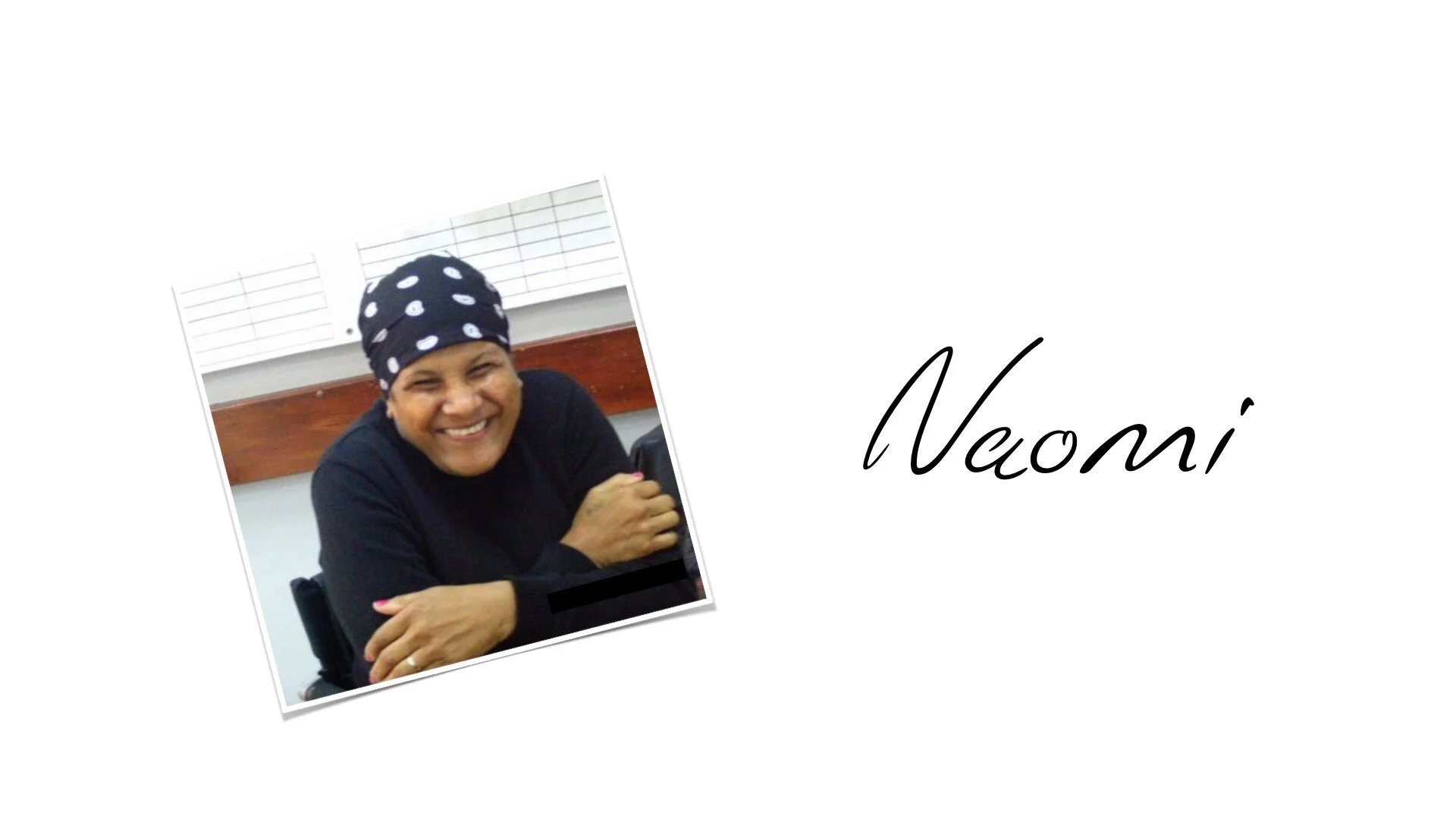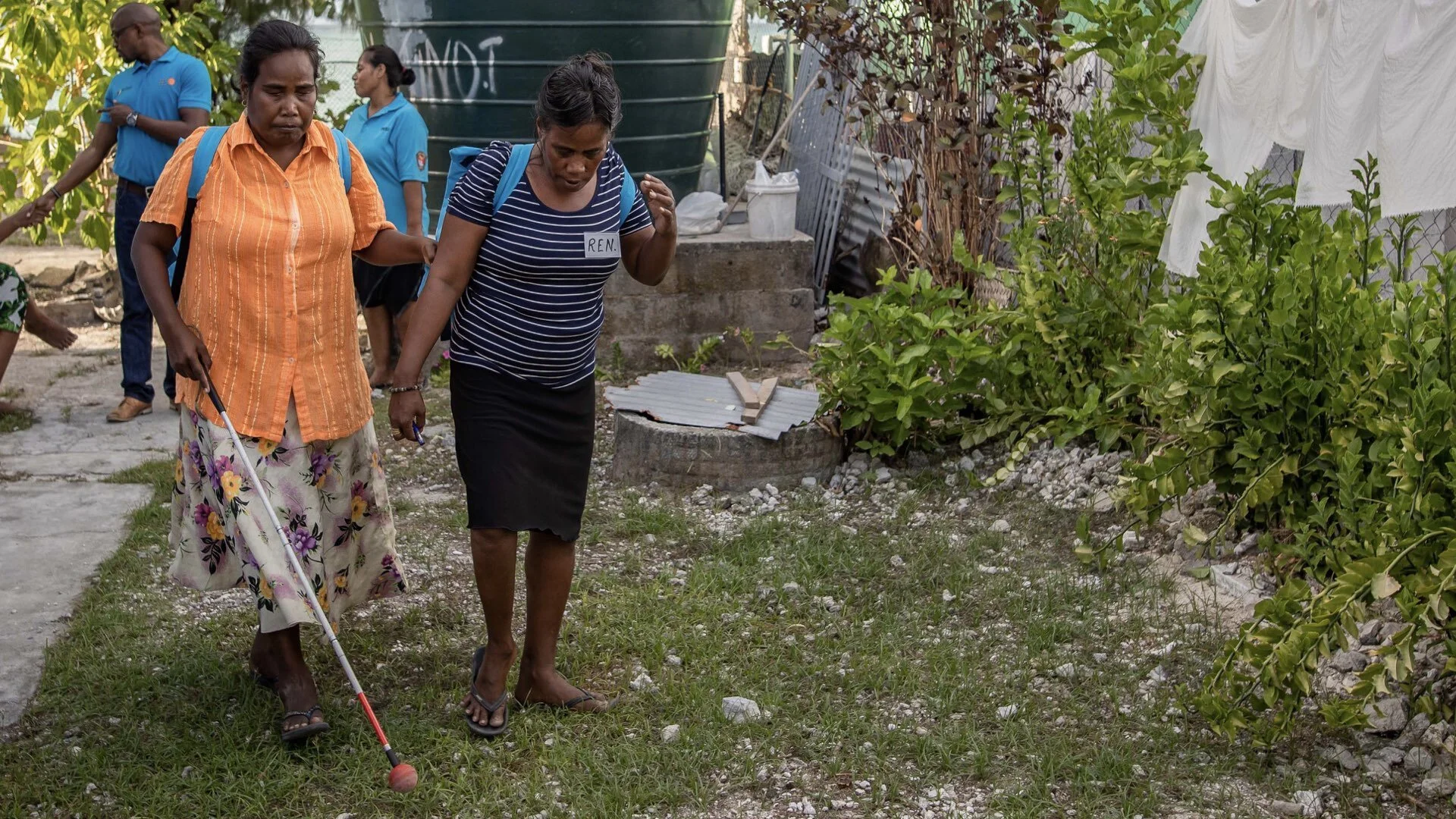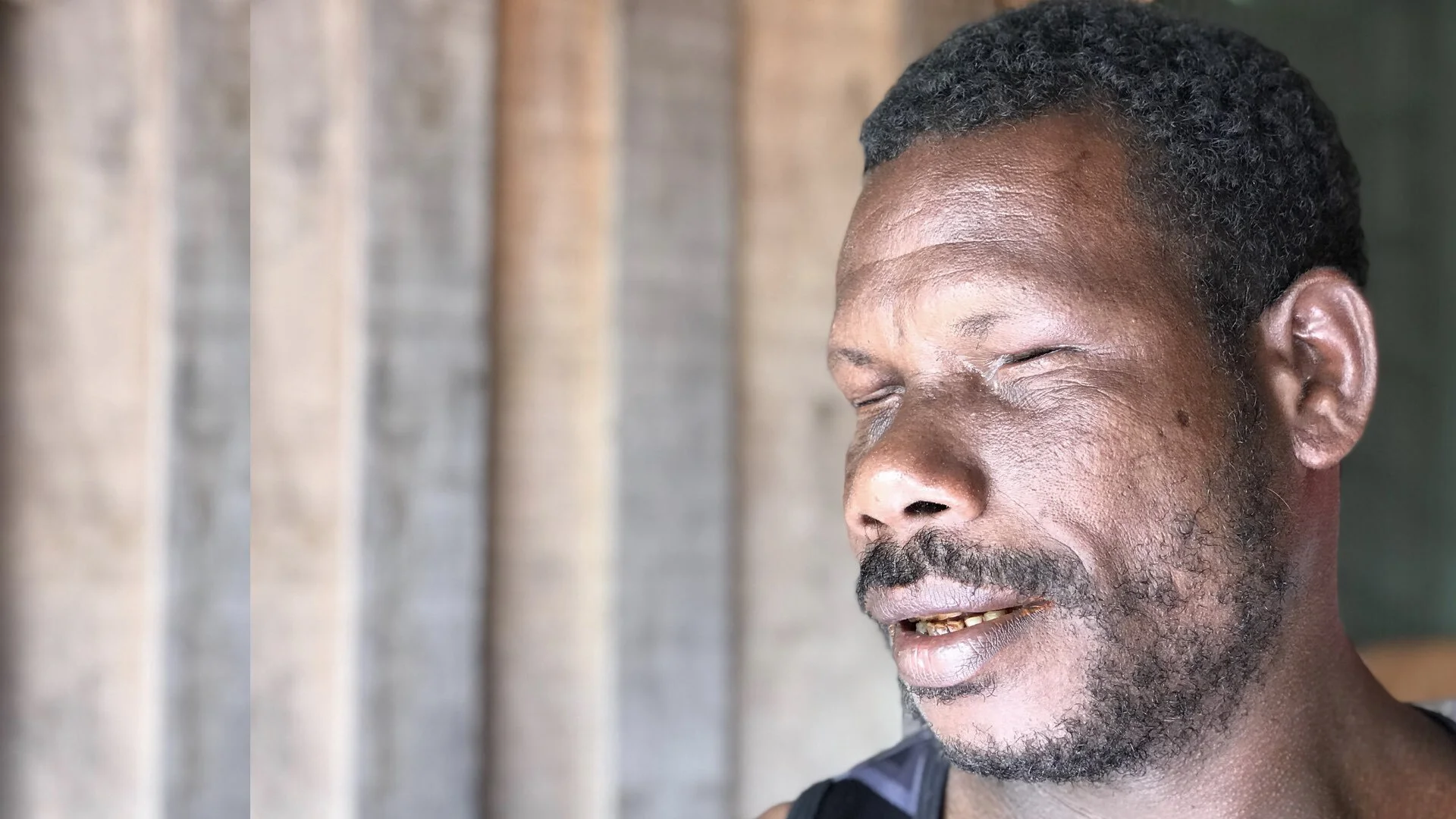“We need to be part of the process from the beginning to the end”
Naomi is a disability inclusion activist and advisor based in Fiji. She played a key role in helping design adapted Dignity Kits for women and girls with disabilities. She is a paraplegic and she has been pushing for change for nearly 20 years. The lessons about customized supplies and a focus on disability inclusion is shaping COVID-19 response and strengthening health systems across the region.
The Pacific is a challenging place for people with disabilities. Without ramps, safe street crossings, or accessible health and education services, many in the region are left out and left behind.
For nearly two decades, Naomi has been challenging leaders to build more inclusive communities.
“I am very passionate about the work that I do,” she says. “Especially the focus around women with disabilities and as well as young women with disabilities.”
“I am very passionate about the work that I do,” she says. “Especially the focus around women with disabilities and as well as young women with disabilities.”
She says she is encouraged by the progress. The Pacific leaders have committed to international conventions on the rights of persons with disabilities promising to protect the rights of people with disabilities, especially in health services as enshrined in CRPD Article 25 . Naomi says there is still a long way to go.
“The challenges and barriers are still there in terms of infrastructure and the built environment,” she says. “The built environment needs to look at the accessibility of the facilities.”
Commitments to rural health and outreach are also part of reducing barriers to access, But Naomi says it requires unique approaches to find the most vulnerable groups.
“They are still not able to reach all persons with disabilities with disabilities,” she says. “Some might not be aware of the services, or where they are being provided.
Naomi says persons with disabilities, especially women, with intellectual disabilities, psychosocial disabilities, hearing and visual impairment, these are the most marginalized groups and they are especially vulnerable during disasters following weather-related hazards or when systems get disrupted, as we have experienced with COVID-19.
“They are still not able to reach all persons with disabilities with disabilities. Some might not be aware of the services, or where they are being provided.”
She says the Framework for Resilient Development in the Pacific An Integrated Approach to Address Climate Change and Disaster Risk Management (FRDP) 2017 – 2030 provides guidance and support for building resilience to climate change and disasters in the Pacific Island region. One of the guiding principles of the Framework is prioritise the needs and respects the rights of the most vulnerable, including but not limited to women, with disabilities, children, youth and older persons, and facilitate their effective participation in planning and implementation of all activities.
As part of that process, Naomi led a 2 days workshop to collectively design the adapted Dignity Kits with a user centered approach. This meant dealing with protection services as part of the response. “Gender-based violence in emergencies is a higher risk for women with disabilities,” she says. “In evacuation centers they are vulnerable to sexual violence, while also coping with the stress of enduring the natural disaster.” After days of group discussions in Nadi to design every aspect of the specialised Dignity Kits, Naomi says they brainstormed and thought through every item in the kit. This included flashlights with buttons designed for ease of use ,incontinence pads, hot water pack, waterproof sheet and plastic pants, along with other items responsive to the priorities of women and girls with all kinds of disabilities.
In 2019, through the Asia Pacific Regional Prepositioning Initiative, supported by the Australian Government, UNFPA in partnership with the Pacific Disability Forum and the International Planned Parenthood Federation (IPPF), have created a unique partnership- to pursue an inclusive humanitarian response to the needs of women and girls with disability and women and girls more broadly. The Women with Disabilities Dignity Kit customised to the Pacific is one of the meaningful achievements of this partnership.”
“The customized Dignity Kits are now in UNFPA Pacific office and plans to distribute to countries in the region,” she says. “We are working together to improve services to deliver the Dignity Kits for women and girls with disabilities.”
Naomi says she is encouraged by the cooperation that disaster preparedness has fostered. She has been able to see it implemented with the COVID-19 response. She says the lockdowns have increased isolation for many and created new challenges for health systems to meet the needs of persons with disabilities, even as the systems are tested with the pandemic. She works as a disability inclusion adviser consultant to International Planned Parenthood Federation.
Her contribution to Pacific Disability Forum on COVID-19, “is ensuring that health officials have taken into account persons with disabilities to ensure that they are safe and protected. I believe we are the most vulnerable to COVID-19.”
She says it is a process that requires patience and multiple areas like education in health services.
“People are talking about it, people are planning and consulting about it. The system is not finished yet, so much still needs to be done in terms of disasters, but also inclusion for people with disabilities in general.”
“It is great that people are getting together,” she says. “People are talking about it, people are planning and consulting about it. The system is not finished yet, so much still needs to be done in terms of disasters, but also inclusion for people with disabilities in general.”
Naomi says that disabilities are cross-cutting issues because of the overlapping vulnerabilities of certain groups and especially women and young girls with disabilities.
“We need to be more inclusive in our policies, programming and planning,” she says. “We need to ensure that it is not only having a person with a disability and their organizations at the table, but we also need to be part of the process from the beginning to the end.”


